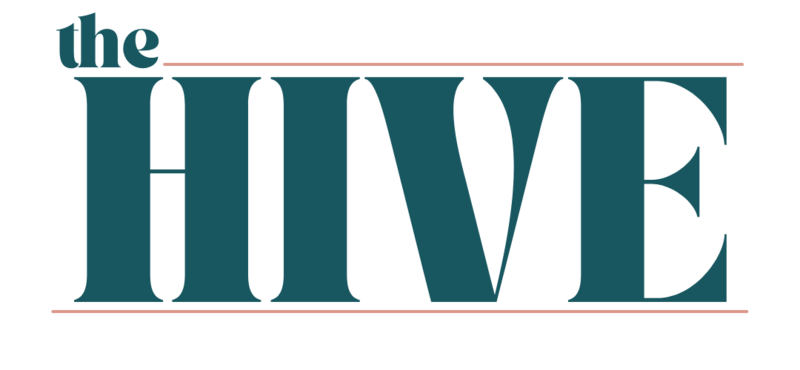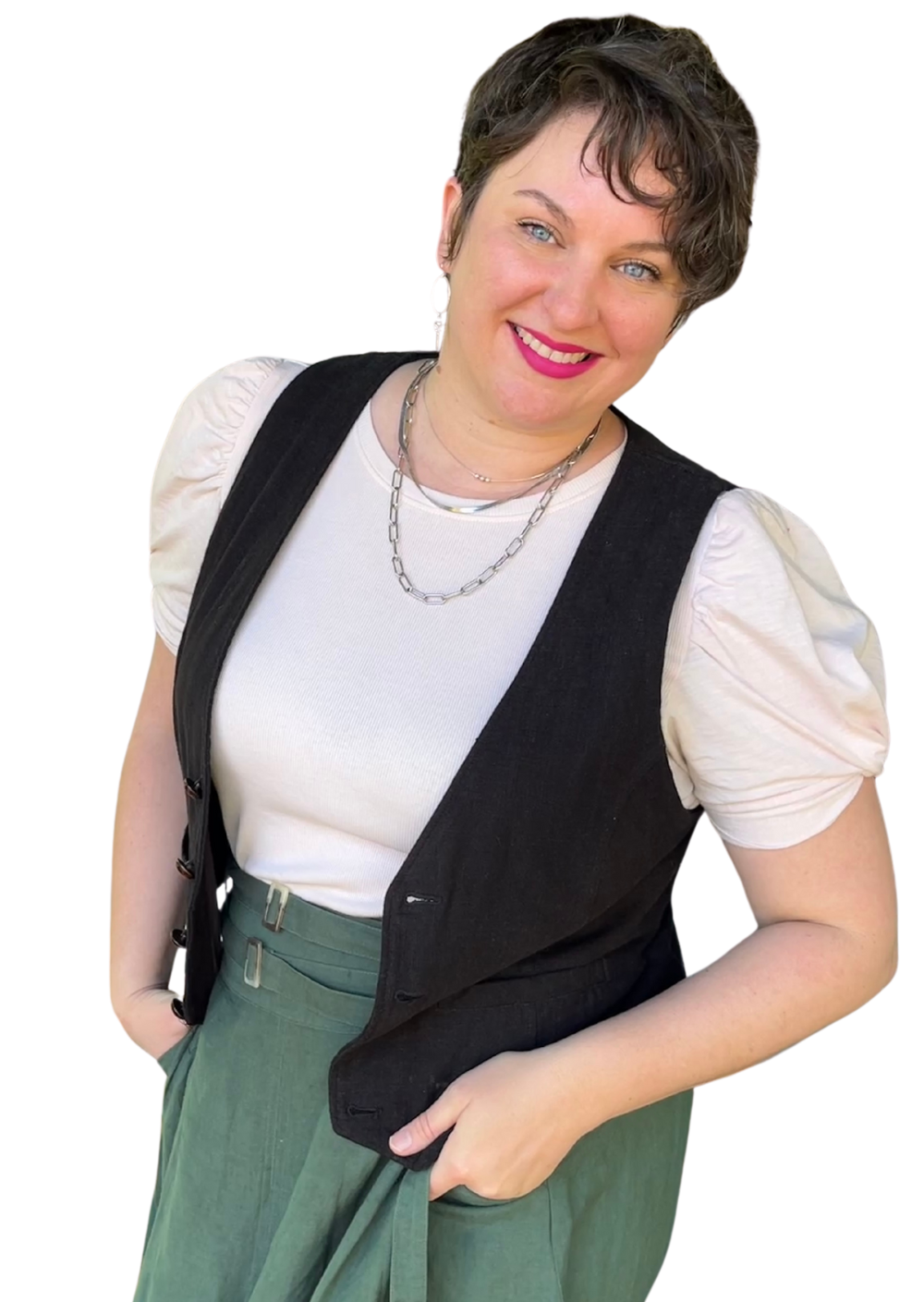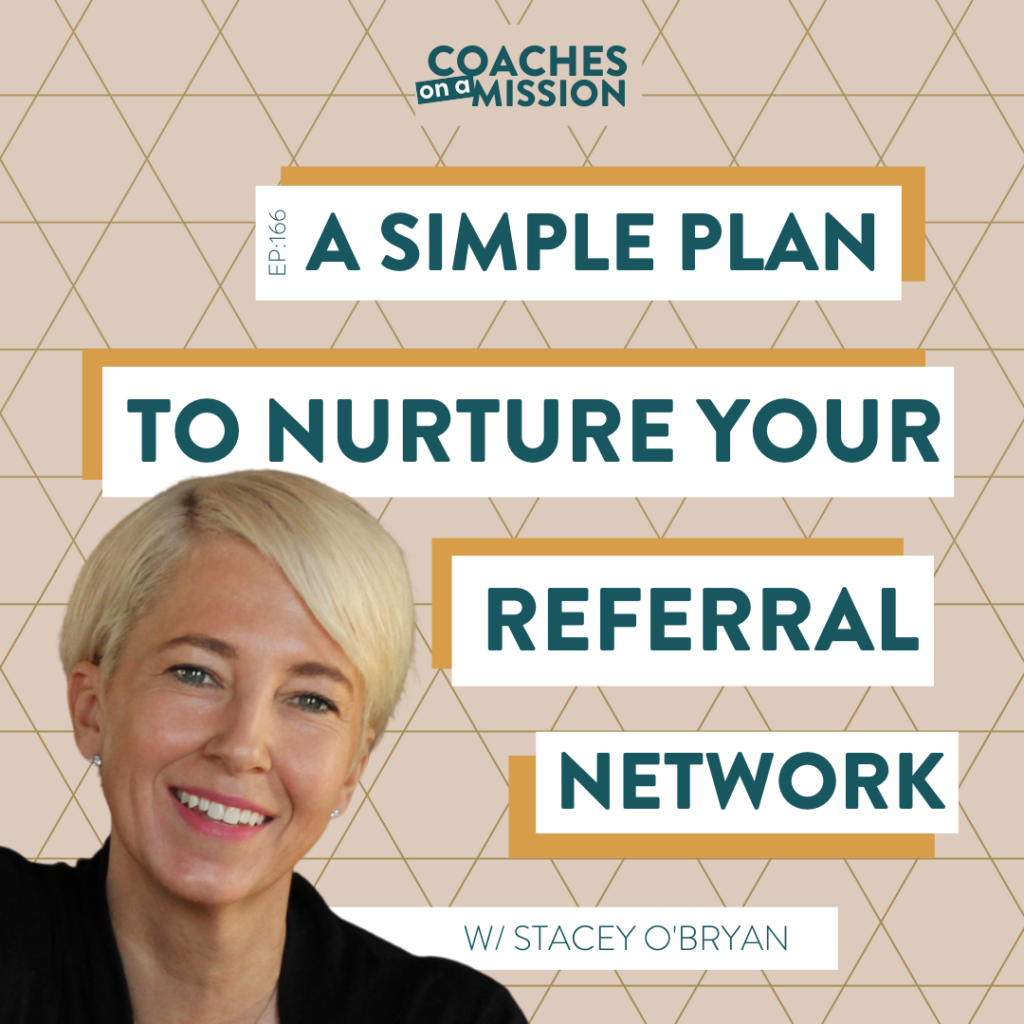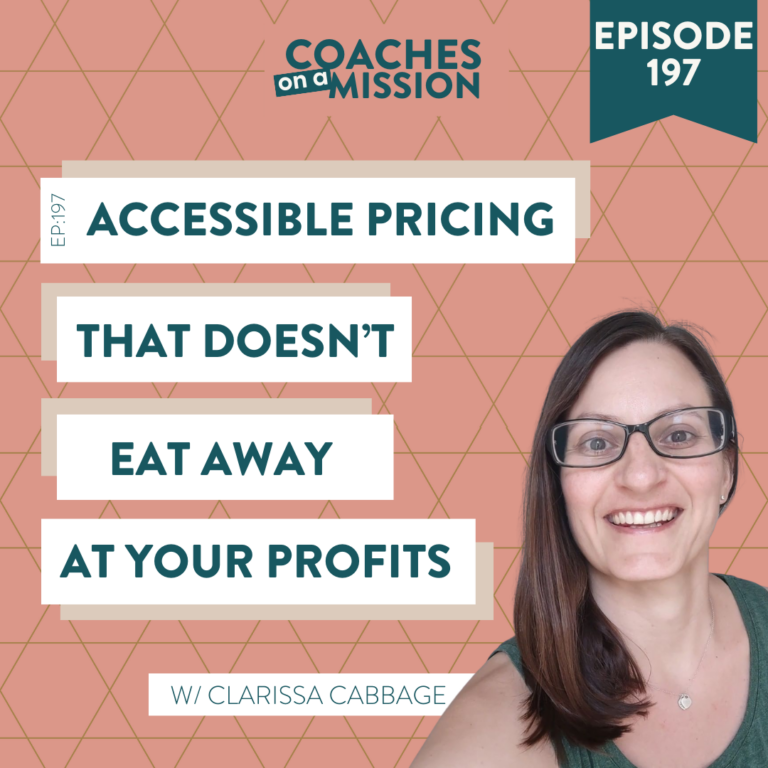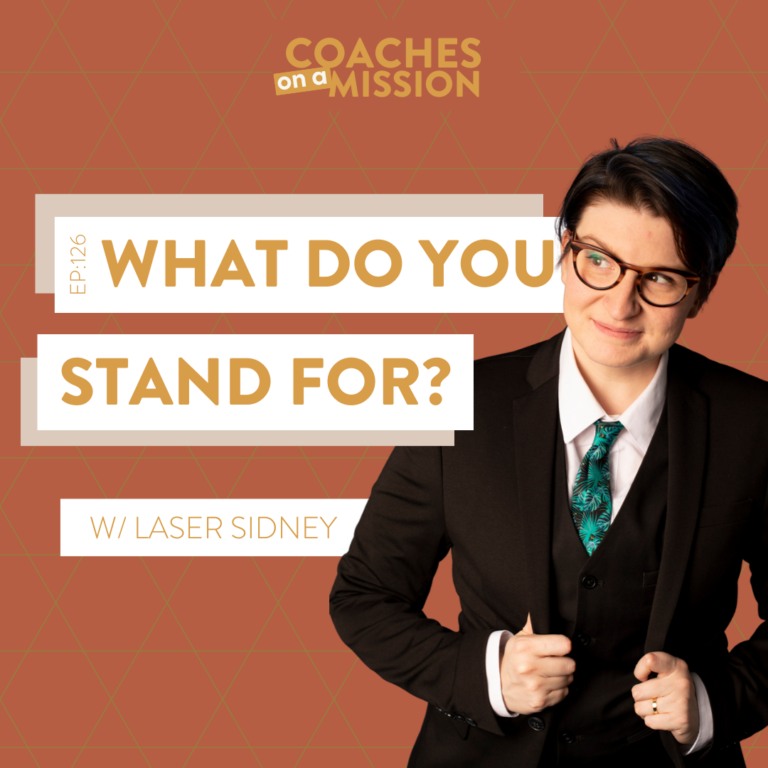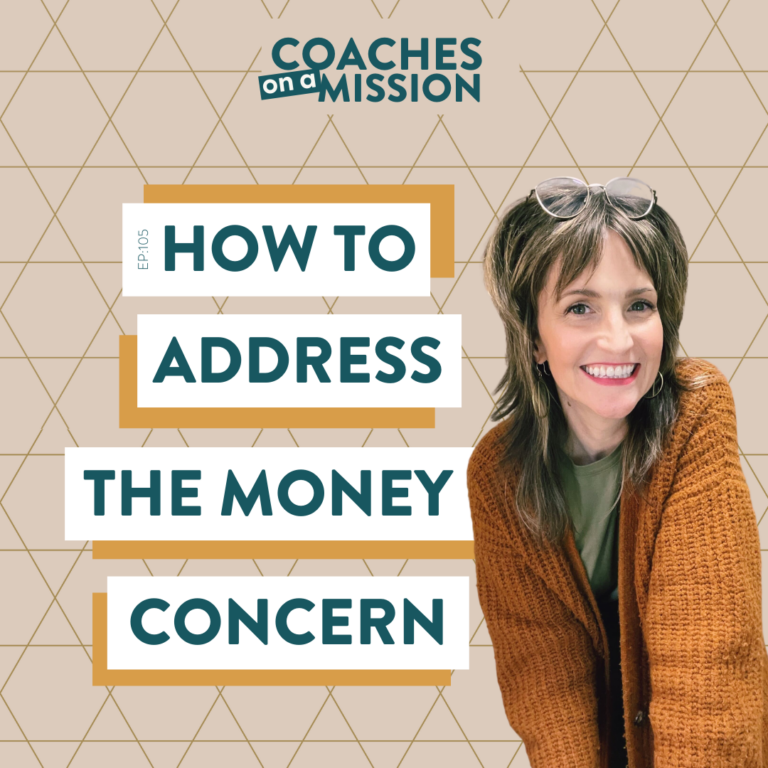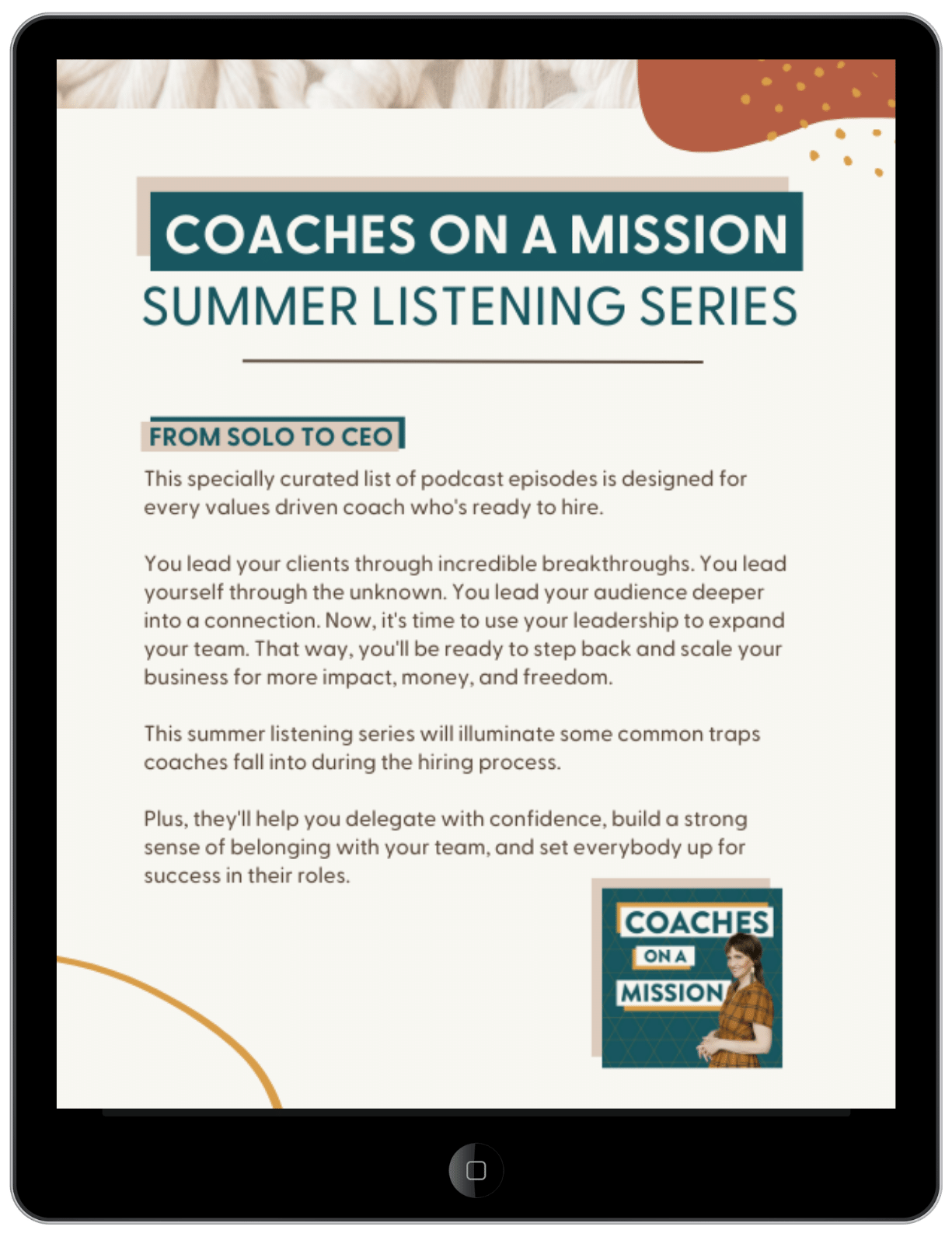Book Coach Dani Abernathy has a deep desire to serve marginalized or underrepresented fiction writers. Which means she wants to roll out a scholarship program. Yet, so many questions stop her in her tracks. Today, Dallas coaches Dani through some Getting Started Questions to get her on the right track toward an equitable and sustainable scholarship program.
Key Takeaways
- Alignment with Mission: Ensure the scholarship program aligns with the mission & values of the company.
- Equity over Fairness: Prioritize equity over fairness when designing scholarship criteria, considering factors such as financial need and the unique circumstances of scholarship recipients.
- Clear Expectations and Support: Clearly define expectations for scholarship recipients regarding participation and progress, while also providing ongoing support and flexibility to accommodate individual needs and challenges.
- Clarity in Selection: Define clear criteria for selecting scholarship recipients based on the program’s mission and capacity.
- Financial Aid Approach: Framing the program as a financial aid initiative can allow for a more sustainable model that aligns with the program’s goals.
- Focus on Impact: Prioritize deep impact over quantity by focusing on supporting a manageable number of scholarship recipients effectively.
Timestamps & Key Topics
[00:00] Introduction and setting the stage
[02:47] Intention behind a scholarship program
[04:35] The goal of the scholarship program and its alignment with the company’s mission
[06:03] Differentiating between fairness and equity in scholarship programs
[09:00] Establishing criteria for the scholarship program
[10:32] Addressing financial criteria and the complexities of assessing financial need
[16:12] Considering the time commitment and support needed for scholarship recipients to succeed
[18:45] Setting expectations for scholarship recipients
[21:35] Finalizing criteria for scholarship recipients and ensuring ongoing support and communication
[22:41] Establishing criteria for the company in regards to the scholarship program
[27:16] Dallas outlines three key questions for Dani to contemplate regarding the program’s structure and qualifications
[29:30] Start the scholarship program with clear criteria and gradually refine it based on experience
[32:16] Framing the program as a financial aid program rather than a scholarship program
[33:42] Determining the operating costs of the program and using a tiered approach for scholarship recipients
[38:23] Starting the scholarship program with a clear goal and a manageable number of recipients
[40:52] Importance of focusing on deep impact vs quantity
[43:49] Dani discusses her next steps
